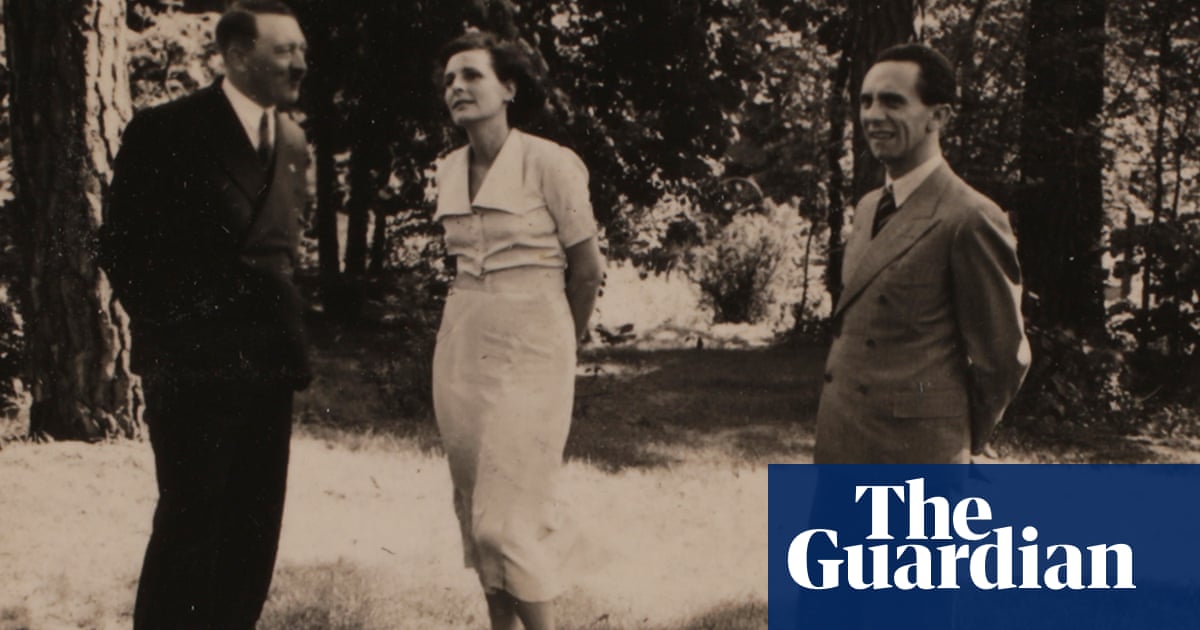
"In 1932, Riefenstahl's The Blue Light was selected for the inaugural Venice film festival, indicating her early success in film despite future controversies."
"Riefenstahl won a gold medal in 1934 for Triumph of the Will, a film that documented a Nazi party congress, which later became controversial."
"Throughout her life, Riefenstahl maintained her films were purely artistic, denying any political complicity with the Nazi actions during her career."
"A new documentary by Andres Veiel examines Riefenstahlâs complex legacy and her attempt to shape her narrative post-war, revealing her influence on contemporary artists."
Leni Riefenstahl, a German film-maker, achieved significant acclaim at the Venice film festival with notable films like The Blue Light and Triumph of the Will, which documented Nazi events. Despite her artistic successes, Riefenstahl's legacy is marred by her association with the Nazi regime. She portrayed herself as an artist disinterested in politics, insisting her films reflected only beauty and craft. A recent documentary, Riefenstahl, directed by Andres Veiel, investigates her manipulation of history and her efforts to reshape her image, challenging the perceptions of her work and influence on modern filmmakers.
Read at www.theguardian.com
Unable to calculate read time
Collection
[
|
...
]